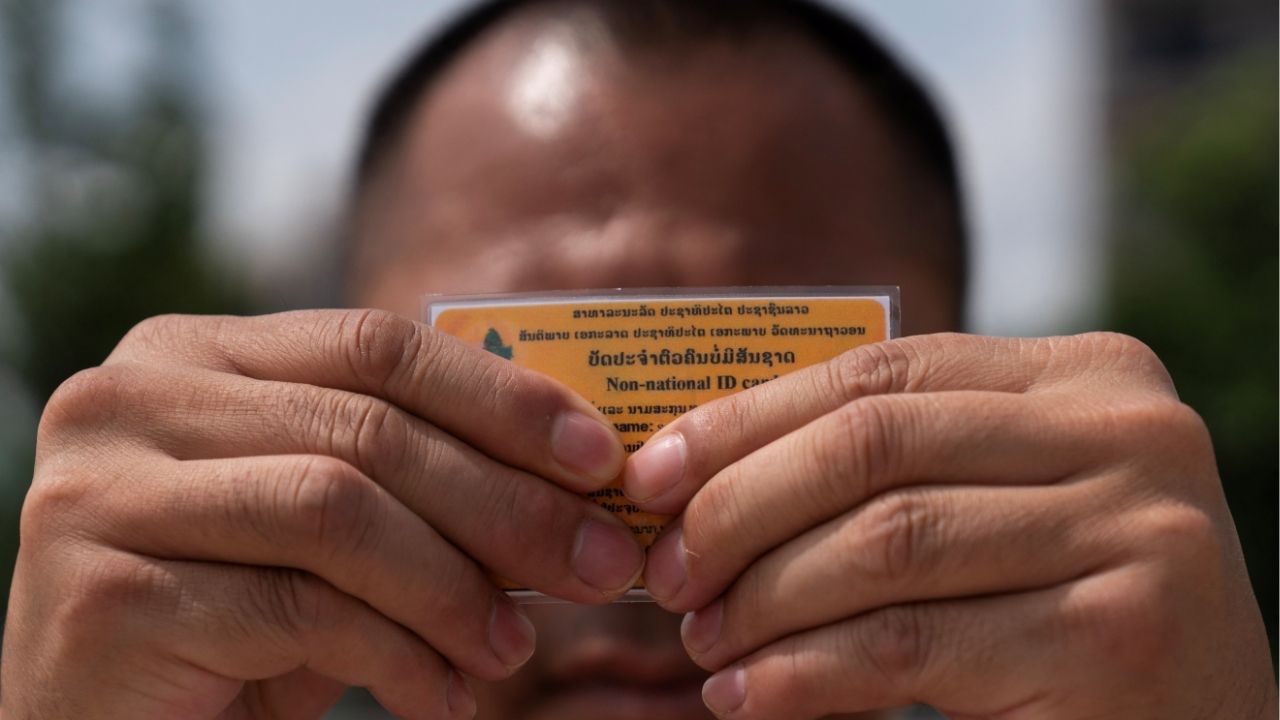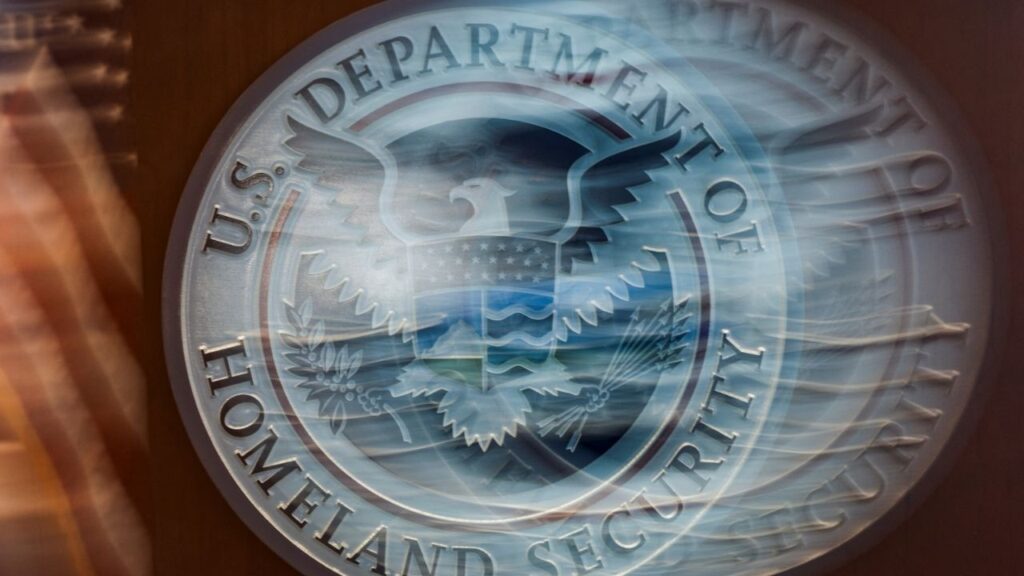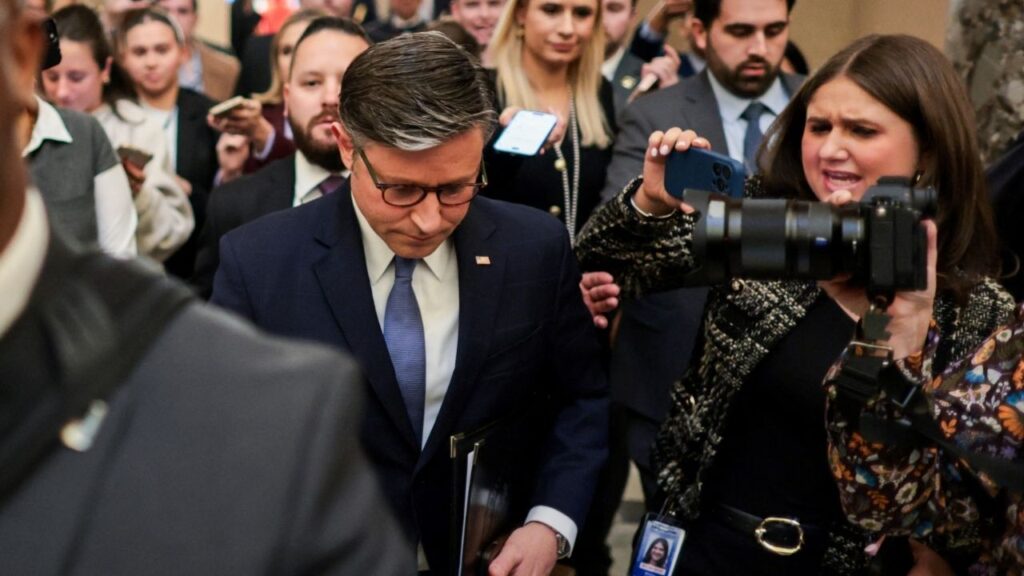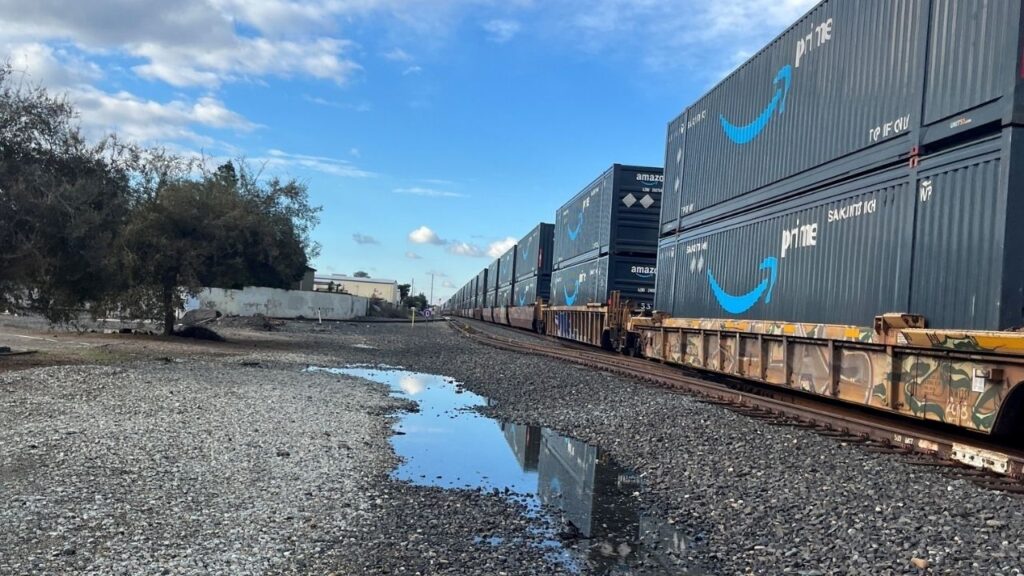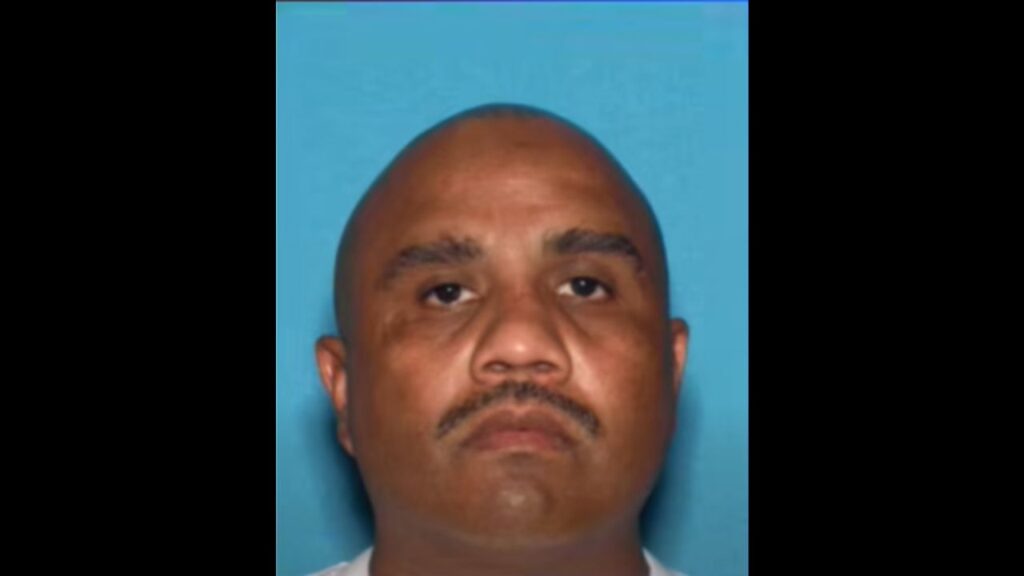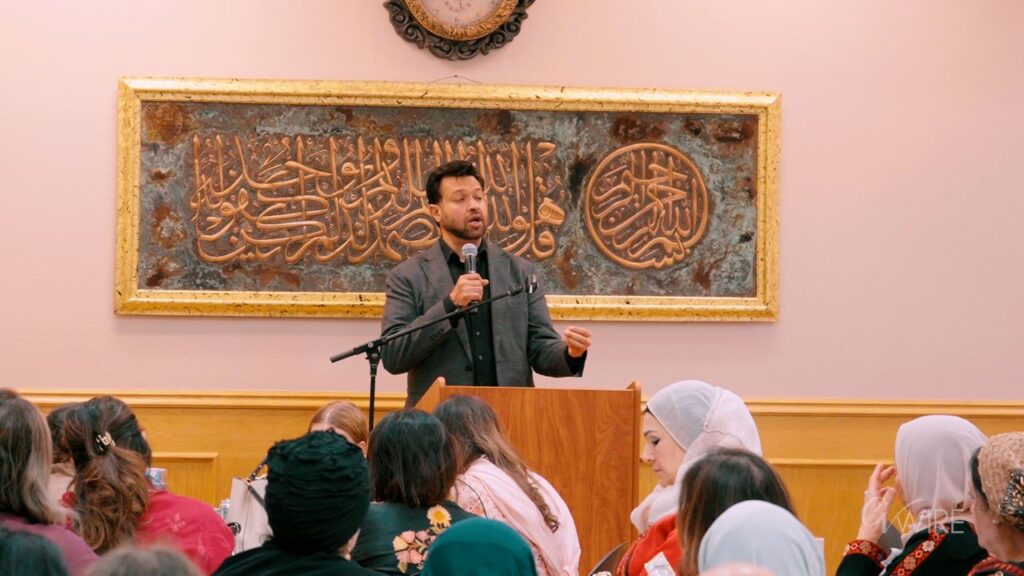A Lao man deported from the U.S. holds up his non-national ID card - a document that defines his legal status in the country he left behind decades ago, and to which he has now returned, in Vientiane, Laos, July 31, 2025. (Reuters/Phoonsab Thevongsa)
Share
|
Getting your Trinity Audio player ready...
|
The Trump administration says that some serious criminals need to be deported to third countries because even their home countries won’t accept them. But a review of recent cases shows that at least five men threatened with such a fate were sent to their native countries within weeks.
President Donald Trump aims to deport millions of immigrants in the U.S. illegally and his administration has sought to ramp up removals to third countries, including sending convicted criminals to South Sudan and Eswatini, formerly known as Swaziland, two sub-Saharan African nations.
Immigrants convicted of crimes typically first serve their U.S. sentences before being deported. This appeared to be the case with the eight men deported to South Sudan and five to Eswatini, although some had been released years earlier.
The U.S. Department of Homeland Security said in June that third-country deportations allow them to deport people “so uniquely barbaric that their own countries won’t take them back.” Critics have countered that it’s not clear the U.S. tried to return the men deported to South Sudan and Eswatini to their home countries and that the deportations were unnecessarily cruel.
Reuters found that at least five men threatened with deportation to Libya in May were sent to their home countries weeks later, according to interviews with two of the men, a family member and attorneys.
After a U.S. judge blocked the Trump administration from sending them to Libya, two men from Vietnam, two men from Laos and a man from Mexico were all deported to their home nations. The deportations have not previously been reported.
DHS did not comment on the removals. Reuters could not determine if their home countries initially refused to take them or why the U.S. tried to send them to Libya.
DHS spokesperson Tricia McLaughlin contested that the home countries of criminals deported to third countries were willing to take them back, but did not provide details on any attempts to return the five men home before they were threatened with deportation to Libya.
“If you come to our country illegally and break our laws, you could end up in CECOT, Alligator Alcatraz, Guantanamo Bay, or South Sudan or another third country,” McLaughlin said in a statement, referencing El Salvador’s maximum-security prison and a detention center in the subtropical Florida Everglades.
Fare From Home
DHS did not respond to a request for the number of third-country deportations since Trump took office on January 20, although there have been thousands to Mexico and hundreds to other countries.
The eight men sent to South Sudan were from Cuba, Laos, Mexico, Myanmar, South Sudan and Vietnam, according to DHS. The man DHS said was from South Sudan had a deportation order to Sudan, according to a court filing. The five men sent to Eswatini were from Cuba, Jamaica, Laos, Vietnam and Yemen, according to DHS.
White House spokeswoman Abigail Jackson said the men deported to South Sudan and Eswatini were “the worst of the worst” and included people convicted in the United States of child sex abuse and murder. “American communities are safer with these heinous illegal criminals gone,” Jackson said in a statement.
The Laos government did not respond to requests for comment regarding the men threatened with deportation to Libya and those deported to South Sudan and Eswatini. Vietnam’s foreign ministry spokesperson said on July 17 that the government was verifying information regarding the South Sudan deportation but did not provide additional comment to Reuters.
The government of Mexico did not comment.
The Trump administration acknowledged in a May 22 court filing that the man from Myanmar had valid travel documents to return to his home country but he was deported to South Sudan anyway. DHS said the man had been convicted of sexual assault involving a victim mentally and physically incapable of resisting.
Eswatini’s government said on Tuesday that it was still holding the five migrants sent there in isolated prison units under the deal with the Trump administration.
‘A Very Random Outcome’
The Supreme Court in June allowed the Trump administration to deport migrants to third countries without giving them a chance to show they could be harmed. But the legality of the removals is still being contested in a federal lawsuit in Boston, a case that could potentially wind its way back to the conservative-leaning high court.
Critics say the removals aim to stoke fear among migrants and encourage them to “self deport” to their home countries rather than be sent to distant countries they have no connection with.
“This is a message that you may end up with a very random outcome that you’re going to like a lot less than if you elect to leave under your own steam,” said Michelle Mittelstadt, communications director for the non-partisan Migration Policy Institute.
Internal U.S. immigration enforcement guidance issued in July said migrants could be deported to countries that had not provided diplomatic assurances of their safety in as little as six hours.
While the administration has highlighted the deportations of convicted criminals to African countries, it has also sent asylum-seeking Afghans, Russians and others to Panama and Costa Rica.
The Trump administration deported more than 200 Venezuelans accused of being gang members to El Salvador in March, where they were held in the country’s CECOT prison without access to attorneys until they were released in a prisoner swap last month.
More than 5,700 non-Mexican migrants have been deported to Mexico since Trump took office, according to Mexican government data, continuing a policy that began under former President Joe Biden.
The fact that one Mexican man was deported to South Sudan and another threatened with deportation to Libya suggests that the Trump administration did not try to send them to their home countries, according to Trina Realmuto, executive director at the pro-immigrant National Immigration Litigation Alliance.
“Mexico historically accepts back its own citizens,” said Realmuto, one of the attorneys representing migrants in the lawsuit contesting third-country deportations.
The eight men deported to South Sudan included Mexican national Jesus Munoz Gutierrez, who had served a sentence in the U.S. for second-degree murder and was directly taken into federal immigration custody afterward, according to Realmuto. Court records show Munoz stabbed and killed a roommate during a fight in 2004.
When the Trump administration first initiated the deportation in late May, Mexico’s President Claudia Sheinbaum said her government had not been informed.
“If he does want to be repatriated, then the United States would have to bring him to Mexico,” Sheinbaum said at the time.
His sister, Guadalupe Gutierrez, said in an interview that she didn’t understand why he was sent to South Sudan, where he is currently in custody. She said Mexico is trying to get her brother home.
“Mexico never rejected my brother,” Gutierrez said.
‘Using us as a Pawn’
Immigration hardliners see the third-country removals as a way to deal with immigration offenders who can’t easily be deported and could pose a threat to the U.S. public.
“The Trump administration is prioritizing the safety of American communities over the comfort of these deportees,” said Jessica Vaughan, policy director at the Center for Immigration Studies, which supports lower levels of immigration.
The Trump administration in July pressed other African nations to take migrants and has asked the Pacific Islands nation of Palau, among others.
Under U.S. law, federal immigration officials can deport someone to a country other than their place of citizenship when all other efforts are “impracticable, inadvisable or impossible.”
Immigration officials must first try to send an immigrant back to their home country, and if they fail, then to a country with which they have a connection, such as where they lived or were born.
For a Lao man who was almost deported to Libya in early May, hearing about the renewed third-country deportations took him back to his own close call. In an interview from Laos granted on condition of anonymity because of fears for his safety, he asked why the U.S. was “using us as a pawn?”
His attorney said the man had served a prison sentence for a felony. Reuters could not establish what he was convicted of.
He recalled officials telling him to sign his deportation order to Libya, which he refused, telling them he wanted to be sent to Laos instead. They told him he would be deported to Libya regardless of whether he signed or not, he said. DHS did not comment on the allegations.
The man, who came to the United States in the early 1980s as a refugee when he was four years old, said he was now trying to learn the Lao language and adapt to his new life, “taking it day by day.”
—
(Reporting by Kristina Cooke in San Francisco and Ted Hesson in Washington; Additional reporting by Nate Raymond in Boston, Brendan O’Boyle and Lizbeth Diaz in Mexico City, Marc Frank in Havana, Phuong Nguyen and Khanh Vu in Hanoi, Panu Wongcha-um in Bangkok, Kirsty Neeham in Sydney; Editing by Mary Milliken and Claudia Parsons)


